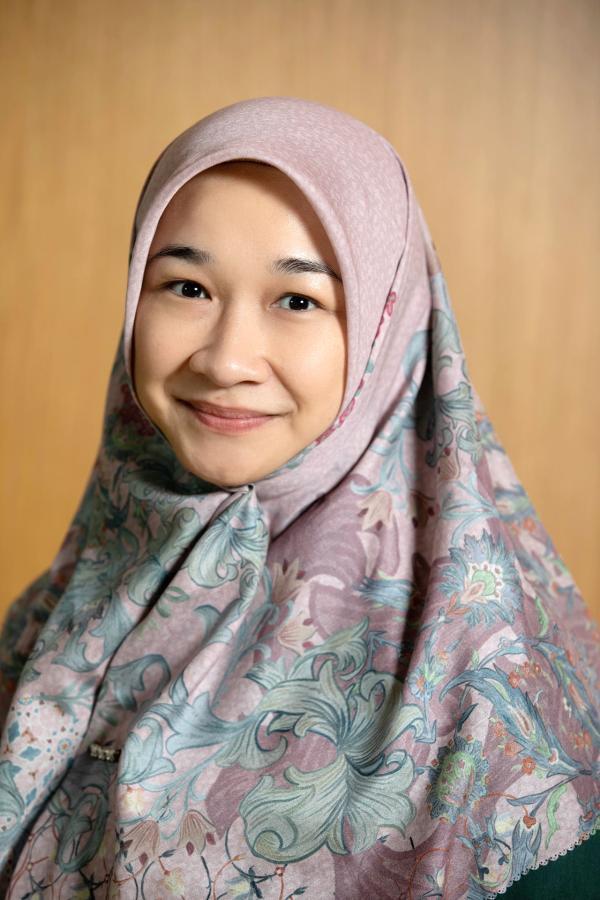Overview
Dementia is still largely under-diagnosed, especially in low- and middle-income countries (LMICs), including Indonesia. The initial stage of diagnosis mainly occurs in primary healthcare facilities. As a neurologist working in a referral hospital, I often found that patients were already in moderate to advanced stage dementia, in which the prognosis was poorer and providing care posed a greater challenge to the family. Therefore, improving diagnostic algorithms in primary healthcare facilities may lead not only to increased diagnostic rates but also improved referral rates to better healthcare facilities with improved dementia care. The major barriers to establishing timely diagnosis are the availability of appropriate cognitive tools and the limited time primary care physicians have to conduct such assessments. Most of the existing cognitive screening tools are verbal-based and are translated from another language (primarily English), which might pose problems when applied in a multilingual, culturally diverse population with various levels of education, like Indonesia.
Project Details
The overall goal of this project is to improve screening programs and the diagnostic rate of dementia and cognitive impairment in primary health care facilities by developing an Indonesian version of the Brief Cognitive Screening Battery (BCSB) and to assess its feasibility in community-dwelling older adults. This project consists of two major steps. The first stage is the tool development by modifying, translating and culturally adapting the BCSB into Bahasa Indonesia following the ISPOR Principles of Good Practice for the cross-cultural adaptation process. The addition of phonemic fluency is to make the tool more comprehensive, yet still brief, for the detection of cognitive impairment in domains other than memory. The modified and translated tool then was pre-tested on a group of healthy older adults to assess understandability, interpretation and cultural relevance of the tool and time of completion, followed by final review. The second stage is a feasibility study in community-dwelling older adults in primary care settings in urban and rural areas in North Sumatra province, Indonesia, to do a psychometric evaluation of the tool and get the normative data.





